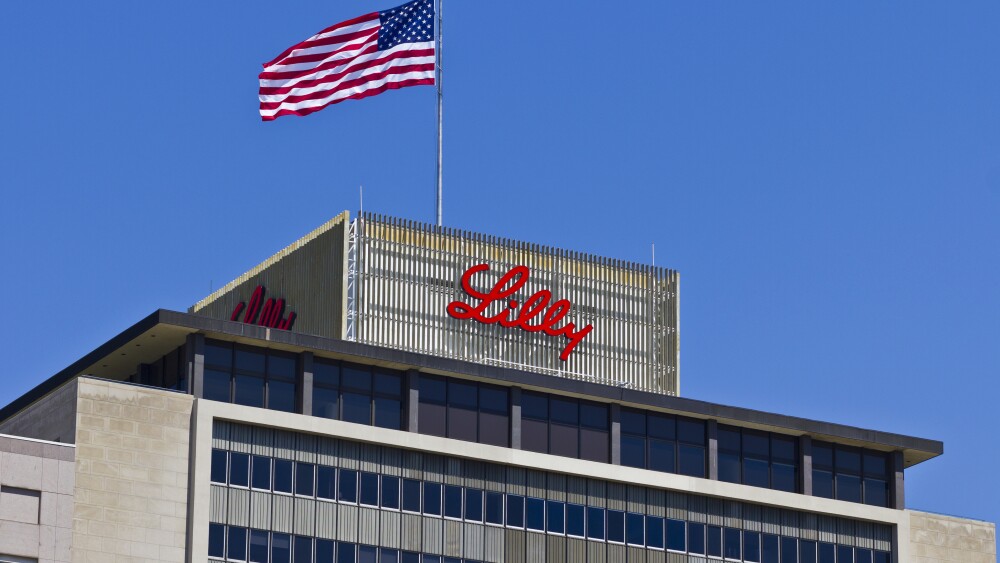Eli Lilly has been on a dealmaking spree this year, with a few deals worth $1 billion or more. Aside from SangeneBio, these include SiteOne, Verve and Scorpion.
Eli Lilly has put $1.2 billion on the line to join hands with Boston-based SangeneBio and its RNAi platform, in a bid to further entrench itself at the head of the metabolic disease pack.
Details of the deal, announced Saturday, are scant. The companies did not provide a specific financial breakdown of the agreement, disclosing only that the $1.2 billion sum will cover an upfront payment plus discovery, development, regulatory and commercial milestones. On top of these commitments, SangeneBio will be entitled to tiered royalties on sales of products that make it to the market.
The partners have also yet to disclose what specific diseases they want to prioritize and which targets they’re going after. Lilly and SangeneBio will leverage the biotech’s proprietary LEAD platform, which allows for the targeted delivery of RNAi therapeutics to muscles, fat tissues or to the central nervous system.
On its website, SangeneBio also claims that its RNAi therapies use “clinically validated chemistries,” resulting in a “de-risked safety profile.” Most noteworthy to patients, however, is the ability of LEAD to produce subcutaneously delivered and long-acting therapies that can be administered “as infrequently as twice per year,” according to Saturday’s release.
With Saturday’s agreement, Lilly continues its aggressive dealmaking streak this year. Last month, the pharma swallowed gene therapy specialist Adverum Biotechnologies for up to $261.7 million, an acquisition that gives the pharma access to an intravitreal asset for wet age-related macular degeneration. In June, Lilly also bought gene editor Verve Therapeutics for up to $1.3 billion, earning its pipeline of therapies for cardiovascular conditions.
In May, Lilly made a $1 billion acquisition play for SiteOne Therapeutics, aiming to go into the non-opioid pain space. The purchase gave the pharma a NaV1.8 blocker in mid-stage development, following in the footsteps of Vertex Pharmaceuticals’ Journavx.
Lilly also started the year with a hefty $2.5 billion bet for Scorpion Therapeutics’ STX-478, a small-molecule drug designed to block the PI3Kα molecule. The asset is being tested for breast cancer and other solid tumors.
Lilly’s SangeneBio partnership comes as its main obesity rival Novo Nordisk lost its very public bidding war against Pfizer for Metsera. On Friday, Pfizer upped its acquisition offer to $10 billion—matching Novo’s latest proposal last week. Metsera has agreed to Pfizer’s adjusted offer, bringing to a close a high-profile tug-of-war that has spawned at least two lawsuits and has roped in the U.S. Federal Trade Commission.






